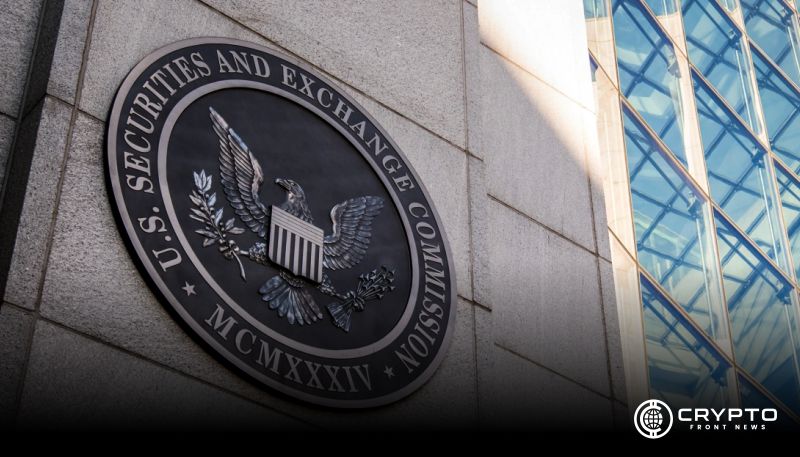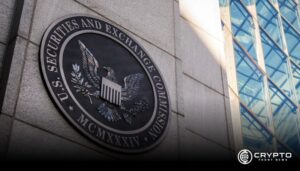- The SEC’s Ripple appeal is criticized for strategically stalling XRP growth, impacting retail investors and major market developments.
- XRP’s momentum suffered as key events, such as ETF filings and RLUSD creation, were disrupted by the SEC’s appeal.
- Calls for SEC reform grow as critics accuse the agency of stifling innovation and harming the cryptocurrency market.
The U.S. Securities and Exchange Commission (SEC) has faced mounting criticism after appealing the Ripple (XRP) case. Observers believe the timing of the appeal has caused significant harm to retail investors, who were poised to benefit from recent positive developments within the XRP ecosystem. Many argue that this move was not only detrimental but intentional.
XRP Developments Stalled by SEC Appeal
Just before the SEC filed its appeal, several key events took place that could have driven significant growth for XRP. Among these was the creation of RLUSD, the filing of an XRP-based ETF, and a surge in open interest for XRP futures, reaching over $1 billion. Critics have pointed to the SEC’s timing as a deliberate attempt to derail these promising developments and cause losses for retail investors.
Ripple Case Continues to Impact Investors
This recent appeal follows the SEC’s initial lawsuit against Ripple in December 2020, when it accused XRP of being an unregistered security. The lawsuit caused a significant $15 billion loss to retail investors and disrupted XRP’s market momentum during a crucial period for cryptocurrency growth. This pattern has fueled allegations that the SEC’s actions are harming, rather than protecting, investors.
As criticism mounts, there is increasing discontent within the crypto community. Many view the SEC’s actions as stifling innovation and inhibiting market progress. Ripple’s legal battle has cost the company $200 million in fines and has prevented the formation of new partnerships. Some have gone as far as to call for the SEC’s abolition, citing its negative impact on investors and cryptocurrency projects.
Growing Tension Between Regulators and Cryptocurrency
The ongoing friction between the SEC and cryptocurrency stakeholders has further highlighted the need for reform. The regulatory body’s approach to XRP has widened the gap between traditional financial institutions and the crypto market, fueling calls for a more balanced and innovation-friendly regulatory environment.





